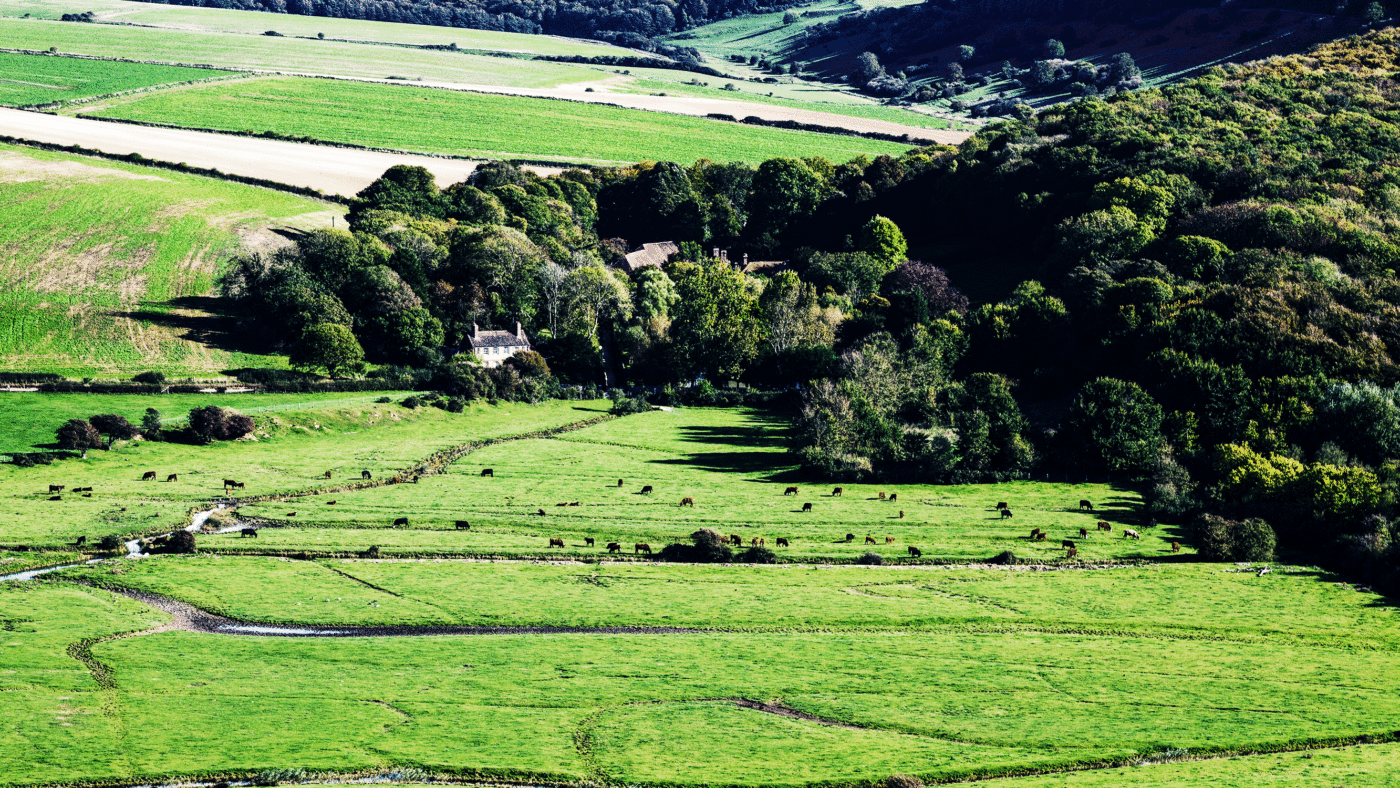Recently, the Government signed a landmark free trade agreement with Australia. This was our first major post-Brexit trade deal negotiated from scratch as we begin taking advantage of our new freedoms to trade more openly with allies around the world. It will bring benefits for my constituents in Rother Valley and people across the UK, including access to new markets for businesses large and small, and lower prices in the shops for quality products like Australian wine. Excitingly, British citizens under the age of 35 will be able to travel and work in Australia more freely.
In the wake of our groundbreaking agreement with Australia, we should look ahead to future trade deals coming down the track which present us with an important opportunity to prioritise higher environmental standards. The global environmental cause would not be well served by the UK signing a one-size-fits-all deal with either the USA or Brazil which does not account for the damage that some farming in these countries does to the environment – hence we shall not do this.
Frustratingly, in the last few months a false narrative has begun to circulate that characterises those who wish to conserve the environment and animals as protectionist, anti-free trade, and against the British people having more choice and cheaper produce. This is a fundamental misreading of the situation.
As Conservative environmentalists, we know that emissions and damage to nature abroad are just as harmful to our planet as if they were at home. That is why the UK will look to take into account the very real damage that carbon emissions cause to our environment, creating a truly level playing field that fosters competition. We know that the UK is a global leader in animal welfare and in tackling climate change. Clean and plentiful water, thriving pollinator populations, and healthy, fertile soils are vital to the long-term sustainability of food production, and we shall not undermine our farmers as they increasingly look after these natural assets.
As the MP for Rother Valley, proudly representing a so-called ‘Red Wall’ seat, I know that my constituents care just as much about looking after our planet and the welfare of animals as those in the Home Counties. We are living at a time when the whole conservative movement and indeed the whole country expects food to be affordable, nutritious, and sustainably produced.
So how can we reflect this in future trade deals? First, we should ensure that each prospective deal is subject to a rigorous environmental impact assessment, so that all sides have impartial data to draw on. The Trade and Agriculture Commission have rightly called for this not to be a tick box exercise – it should be a regular scorecard that includes qualitative as well as quantitative data.
Next, we should listen to my free trade-championing colleague Dr Liam Fox, who among others has called for a Border Carbon Adjustment. This would mean tariffs for imports of food that is produced in a way that is harmful to the climate, so the polluters pay for their emissions.
The Government could also use dual tariffs where necessary, particularly for animal welfare standards which have historically not been recognised by global trading rules. Under this proposal, we would lower tariffs for foreign farmers with high standards of farm animal welfare, enabling them to access our market and compete fairly with our farmers, while those who have worse animal husbandry practices would continue to face high tariffs.
It is paramount that we support our wonderful British farmers, protect our precious natural environment at home and abroad, and safeguard our high food standards. At the same time, we must be an outward-looking, global trading nation which takes advantage of emerging markets and all the opportunities gifted to us by Brexit. I am delighted that the Australia free trade agreement achieves this, and I look forward to other similarly ambitious trade deals which place free trade and high environmental standards at their heart.
Click here to subscribe to our daily briefing – the best pieces from CapX and across the web.
CapX depends on the generosity of its readers. If you value what we do, please consider making a donation.


